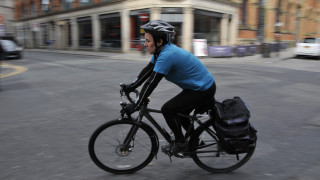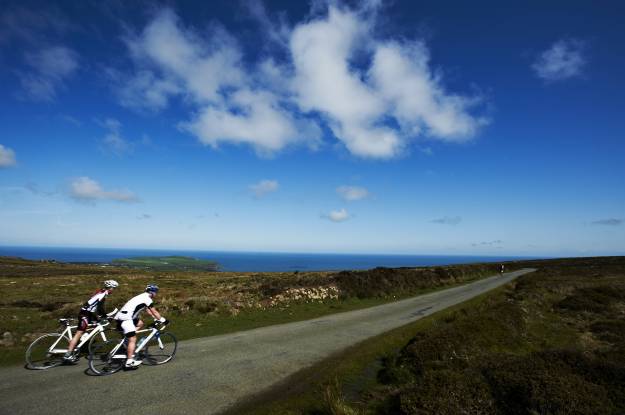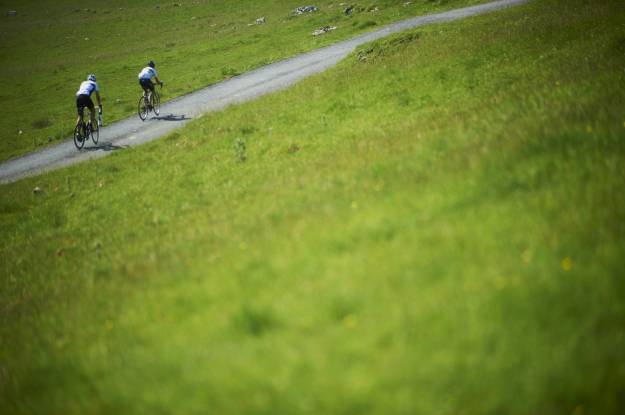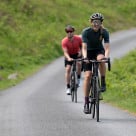The government’s draft Cycling Delivery Plan is open to consultation until 13 November.
To deliver the prime minister’s ambition, British Cycling believes that the plan needs meaningful and consistent levels of funding and stretching targets. Here we look at the first theme of the draft plan titled, ‘vision, leadership and ambition’.
The vision in the plan is for Britain to have cycling levels to rival leading cycling countries like the Netherlands, Denmark and Germany. This means moving the country from the bottom of the European cycling levels (2% of all trips) to near the top at 19% and even 27%.
This vision is welcome - these countries have shown that you can have a much more active means of transport, leading to better fitness and happiness of the population and at the same time achieve real economic prosperity.
However, when the plan goes on to detail the target, it opts for a much more manageable 'doubling' of cycle stages over the 10 year lifetime of the plan.
Cycle stages refer to a sub-section of a trip, going from your home to work is a 'trip' - but if you cycle to the station then take the train to work, the cycle to the station is defined as a 'stage'. This means that a doubling of cycle stages does not mean the country jumps from 2% to 4% of journeys.
The government is suggesting a doubling in absolute numbers not a doubling in the proportion of cycle stages, meaning it can be partially reached by a natural growth in the population.
This target is worryingly low, nowhere near the recommendation from the Get Britain Cycling report of 10% of all trips by 2025, and no way representing a ‘cycling revolution’. In Germany, the National Cycling Plan is targeting a national cycling level of 15% by 2020 but recognises that communities are at different levels which it categorises as ‘starters’, ‘climbers’ and ‘champions’.
It recommends different levels of funding for each depending on the starting points, a similar approach could work. For the UK government’s plan to gain credibility it must detail when it expects cycling to reach 10% of all trips to ensure longer term planning for cycling and that it remains a core transport solution.
The plan also talks about the leadership needed to create a 'step change in walking and cycling'. Leadership is vital because the only way to grow cycling is to change how we use road space and plan the needs of cycling into everything we do.
The plan says it is 'natural to extend the cycling commitment to walking' but British Cycling would argue that cycling should be integrated just as closely with walking as it is with other forms of transport and how we design new developments.
As we will detail next week, the plan is missing the leadership to truly integrate cycling into our daily lives by ensuring cycling is planned in a holistic way.
The plan sets out how it hopes local authorities will engage with government to deliver its ambition through partnership work. Local roads, which are the principal enabler of cycling, are the responsibility of local authorities so they need to be supportive of the government’s plans.
Many of the actions outlined in the plan are already taking place. Cities in receipt of funding through the Cycle City Ambition Grant have already developed plans, visions, appointed local cycling champions and are delivering new cycle infrastructure.
These authorities now need the meaningful and consistent funding to continue to deliver their strategies over a five to 10 year period. The partnerships proposed in the plan must be meaningful through the provision of resources and a guide to how authorities can access funding for cycling through existing channels.
Local authorities have a chance to use existing funding pots, such as public health funding, to approach the Department for Transport to form partnerships to receive funding for developing cycling.
Theme two of the report covers funding which we will look at next week.
To respond to the plan email walking.cycling@dft.gsi.gov.uk.











